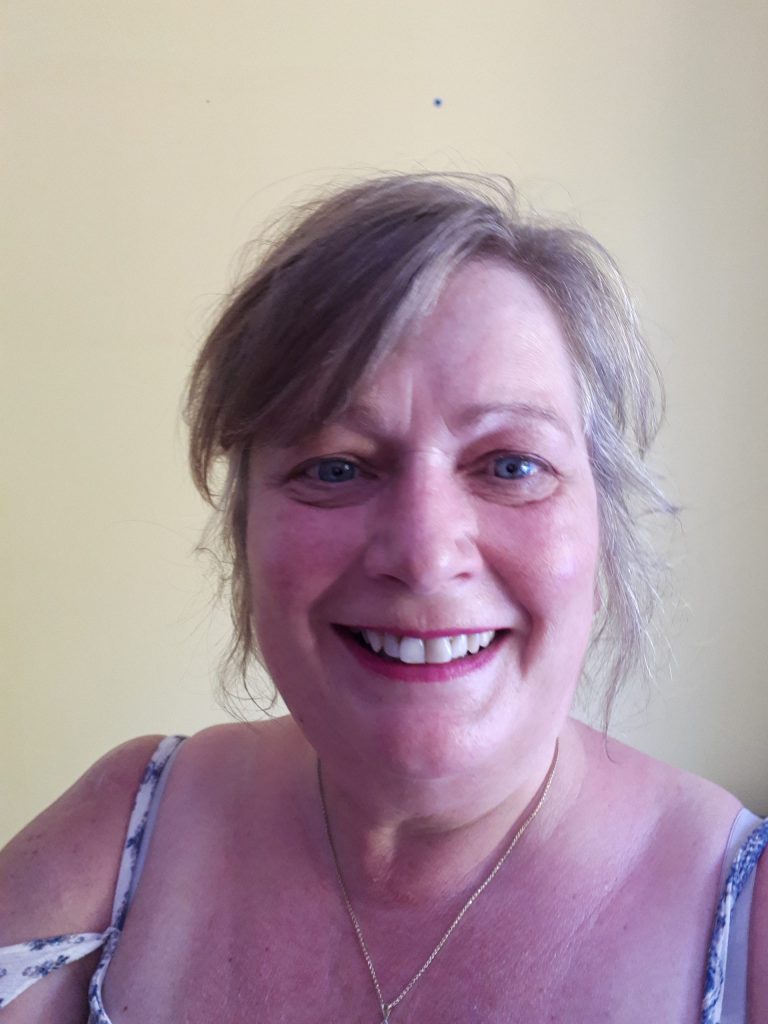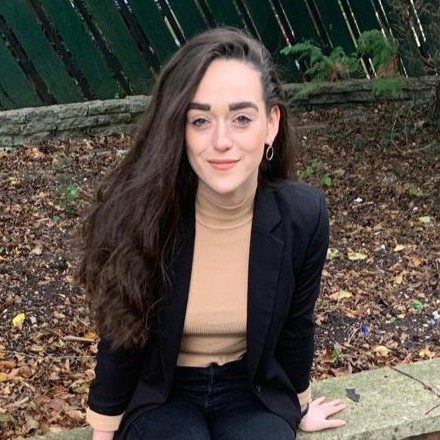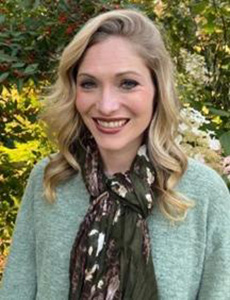Struggles and Hurdles: Ending the Silence
Eleni Armaou, Student Oriented Services (SOS) and Additional Learning Needs (ALN) Coordinator
Metropolitan School of Frankfurt
We all struggle at some point in our lives, either for professional or personal, family, academic or other reasons. The pandemic has exacerbated the need to be resilient, to stand up after you fall, but such things are easier said than done! So what is the first, initial step we need to take? Do we just stay silent and everything will be OK? Do we need to speak up? If we speak up and voice our concerns, will we face the fear of stigma? Most psychology professionals, counsellors and psy-educational specialists in the areas of Learning Support, Psychological Support and Personal Coaching name the first crucial step: Name your feelings, put them into words, categorise them, analyse them, as by doing this, although you are far from finding a solution, you are on the first square of gaining control. When you know something, when you are aware of the hurdles and struggles and can identify them, here it is: you have moved to square two!
NAMI.ORG has a variety of helpful resources for students, families, and adults who are trying to tell the difference between what expected behaviors are and what might be the signs of a mental illness isn’t always easy.
There’s no easy test that can let someone know if there is mental illness or if actions and thoughts might be typical behaviors of a person or the result of a physical illness. Each illness has its own symptoms, but common signs of mental illness in adults and adolescents can include the following:
● Excessive worrying or fear
● Feeling excessively sad or low
● Confused thinking or problems concentrating and learning
● Extreme mood changes, including uncontrollable “highs” or feelings of euphoria
● Prolonged or strong feelings of irritability or anger
● Avoiding friends and social activities
● Difficulties understanding or relating to other people
● Changes in sleeping habits or feeling tired and low energy
● Changes in eating habits such as increased hunger or lack of appetite
● Changes in sex drive
● Difficulty perceiving reality (delusions or hallucinations, in which a person experiences and senses things that don’t exist in objective reality)
● Inability to perceive changes in one’s own feelings, behavior or personality (”lack of insight” or anosognosia)
● Overuse of substances like alcohol or drugs
● Multiple physical ailments without obvious causes (such as headaches, stomach aches, vague and ongoing “aches and pains”)
● Thinking about suicide
● Inability to carry out daily activities or handle daily problems and stress
● An intense fear of weight gain or concern with appearance Mental health conditions can also begin to develop in young children. Because they’re still learning how to identify and talk about thoughts and emotions, their most obvious symptoms are behavioral. Symptoms in children may include the following:
● Changes in school performance
● Excessive worry or anxiety, for instance fighting to avoid bed or school
● Hyperactive behaviour
● Frequent nightmares
● Frequent disobedience or aggression
● Frequent temper tantrums
Where To Get Help
Don’t be afraid to reach out if you or someone you know needs help. Learning all you can about mental health is an important first step.
Reach out to your health insurance, primary care doctor or state/county mental health authority for more resources.
Resource: Mental Illness: Warning Signs and Symptoms
Most Importantly, reach out to your ECIS school Support teams, your pastoral officers, your Learning Support specialists and your School Counsellors in order to voice your concerns.
Our SEN/LS SIG is happy to help and you can participate in our webinars on mental health support and mindfulness! Our Next SEN/LS SIG event: Click here to learn more
What do you think about the points raised in this post? We’d love to have your thoughts below.

ABOUT THE AUTHOR
Eleni Armaou studied Psychology, Pedagogy and Philosophy ( major in Educational Psychology) and holds a MA in Special Educational Needs from the University of Leeds, in the UK. She has worked in IB Schools in Istanbul, Stuttgart, and Frankfurt and is now the SOS and ALN Coordinator at the Metropolitan School of Frankfurt.
Eleni is passionate about AI, Robotics, Space Travel, Quantum Physics as well as Human Psychology, Inclusive Education, Leadership and Management Studies, Negotiation Skills, and Conflict Resolution.
She is a Member of ECIS SEN/Learning Support SIG. Visit the website here.









